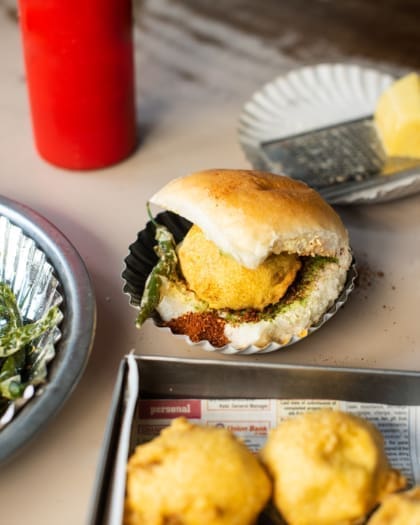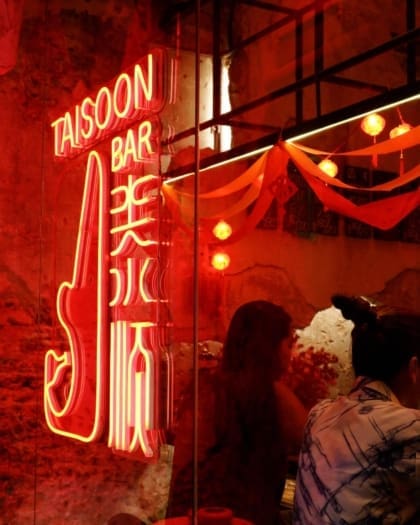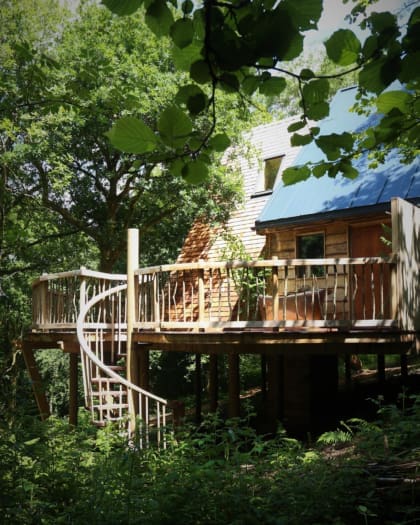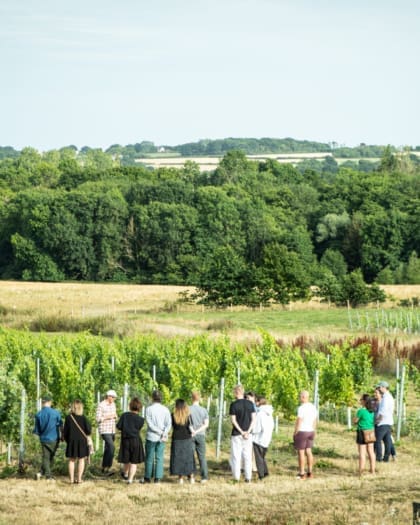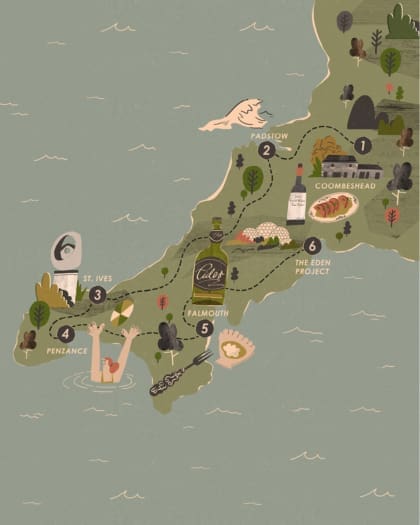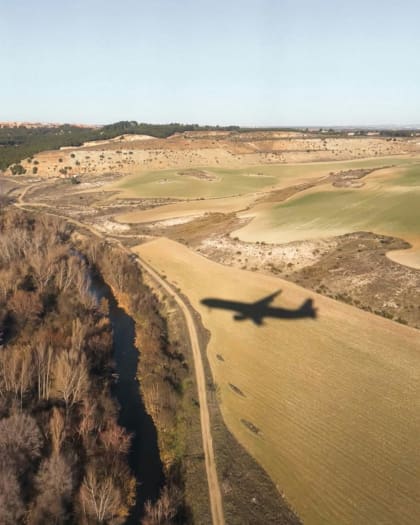
Extended stays are trending – what are the benefits for travellers?
A boom in travellers blending business and leisure is being met by an increasingly sophisticated serviced-apartment sector. What’s driving the trend and what are the benefits of joining the ‘bleisure’ set?
Some say that you should never mix business and pleasure. But for someone like Lee Thompson, the founder of boutique travel agency FlashPack, the two go hand in hand by design.
Like many business owners and busy professionals, time is precious, with work often requiring him to communicate with associates all over the globe. Zoom is one way to go. Easy, but impersonal (and glitchy). The other route? Be there in person, IRL. Thompson prefers the latter, taking trips of up to a month to the likes of Los Angeles, Jordan, Sri Lanka, Costa Rica, New Zealand and Morocco, using serviced apartments rather than hotels or Airbnbs in the process.

“Staying in a serviced apartment is always helpful, allowing you to spread out and work on the move,” he says, adding how, when he’s away for work, he aims to soak up the sights and try local delicacies. “It makes a difference – you’re able to build more of an inside picture of life in whatever neighbourhood you happen to be in.”
Lee also has family commitments to juggle. Yet, with the right accommodation and amenities, he can combine work, downtime and family life – all in one exciting new location. “On a recent work trip to the US, my partner Radha and I stayed with our daughter in serviced apartments in Miami and Austin,” he says. “It was really useful to have our own kitchen and living space. Radha and I took turns to be parents while the other worked. We could work on a laptop in a kitchen overlooking the sea, and our daughter had loads of space to be at home in.”
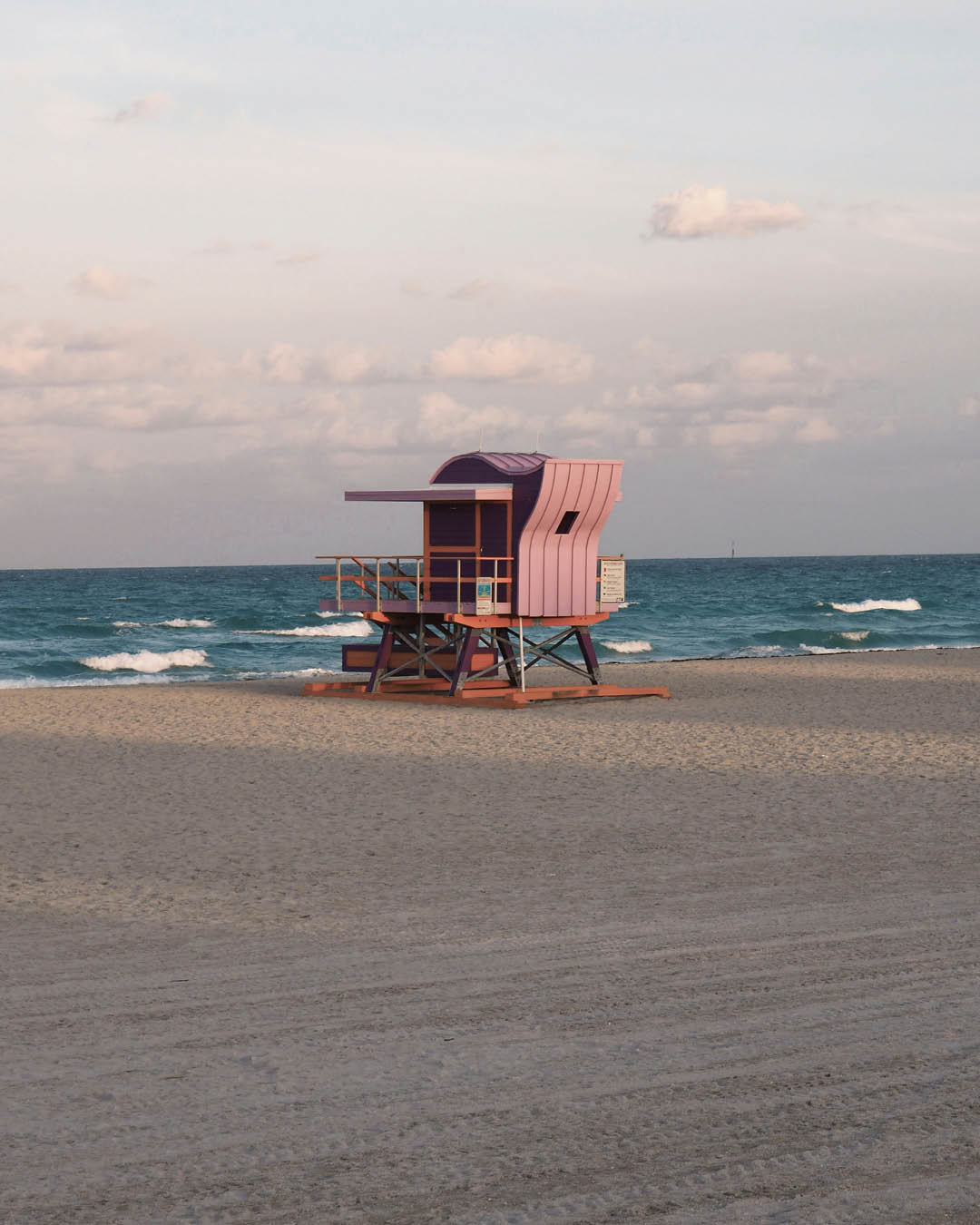
A shifting tide
While Lee might sound like a multitasking travel pioneer, he’s part of a broader and increasingly common “bleisure” travel trend that sees travellers booking extended stays in multifaceted apartments where they can work, play and do whatever their heart desires.
The “bleisurer”, otherwise known as a blended traveller, appears in many forms: the remote creative posting on LinkedIn with the Grand Canyon as their background, or a caption about the bear they saw in their “office” today; the startup founder seeking inspiration in Costa Rica; or the business guys Instagramming their corporate retreat in Amsterdam. While we can’t imagine the b-word being a tick box on a visa form any time soon, the lines between work and play are undoubtedly blurring.
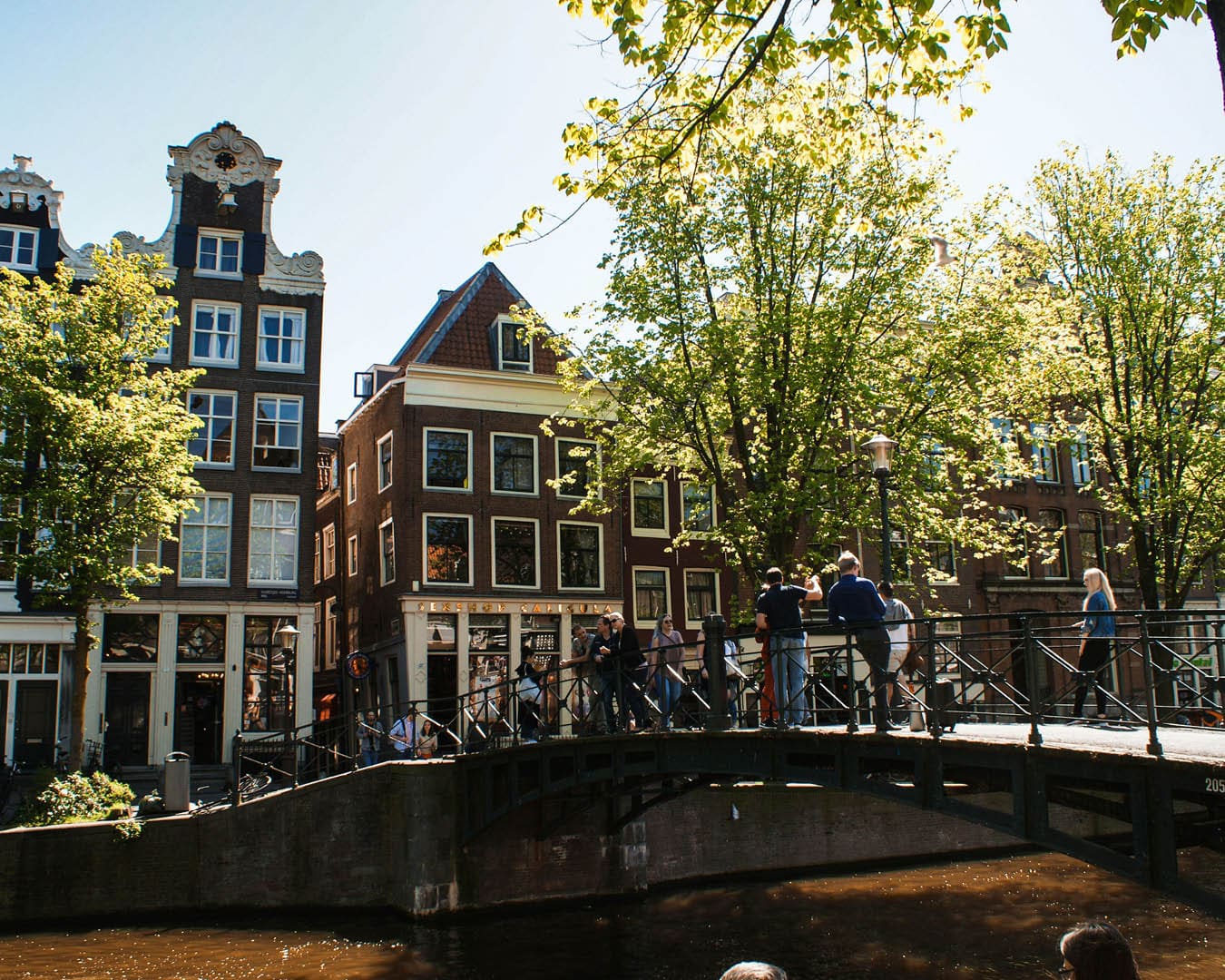
According to a recent Future Market Insights report, the global extended stay hotels market is currently valued at approximately 54.5 billion USD – something projected to rise significantly to 166.5 billion USD by 2032. Data from the 2023 Expedia Traveler Value Index shows that 76 per cent of business travellers plan to extend their work trips for leisure purposes in the next 12 months, while 28 per cent intend to take a “flexcation” trip. Furthermore, data from Smith Travel Research suggests that the demand for serviced apartments – which tend to provide travellers with a home away from home – increased more than that for hotels last year.
Forbes reported two years ago that 89 per cent of people were planning to add personal vacation time to their business travel that year. American Airlines chief commercial officer Vasu Raja also revealed in late 2022 that half of its revenue came from blended trips.
Hunger for experience
So what are the factors motivating this new era of blended travel? “It started before Covid but has dramatically accelerated post-pandemic,” says award-winning travel journalist and host of the Discovery Channel’s Adventure Cities Jonathan Thompson (no relation to Lee), noting a worldwide appetite for experiential travel. “Employers are now far more open to remote working – so as long as you travel with your laptop, you could be working from anywhere. A serviced apartment gives you that comfort and lets you live like a local.”
“Another factor is work-life balance, which is prioritised a lot more by the current generation of young professionals,” adds Jonathan, continuing to suggest that travel in this context is being driven by established professionals in their thirties and forties who are senior enough to go on international work trips but still have the energy to explore the destinations around their work commitments.
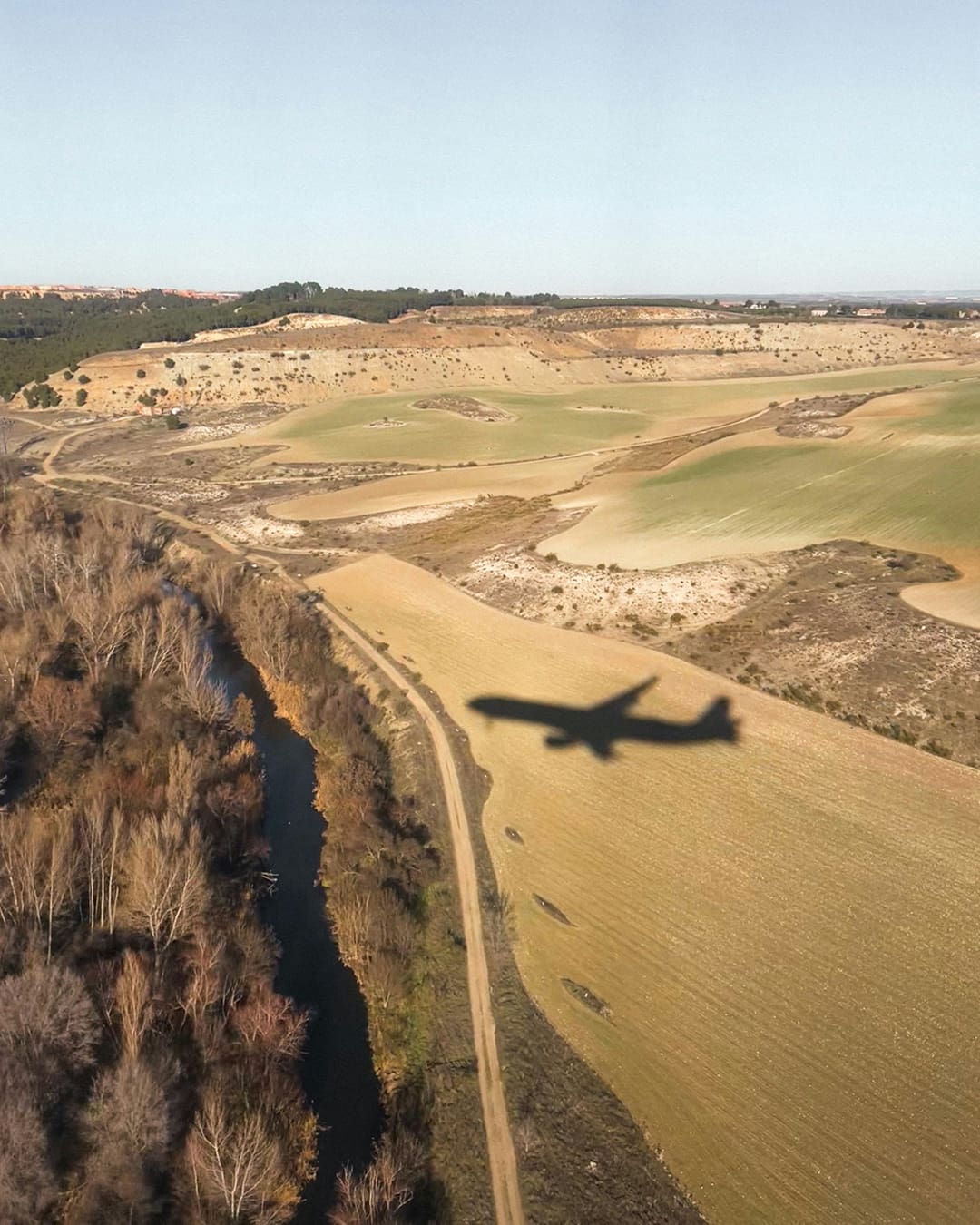
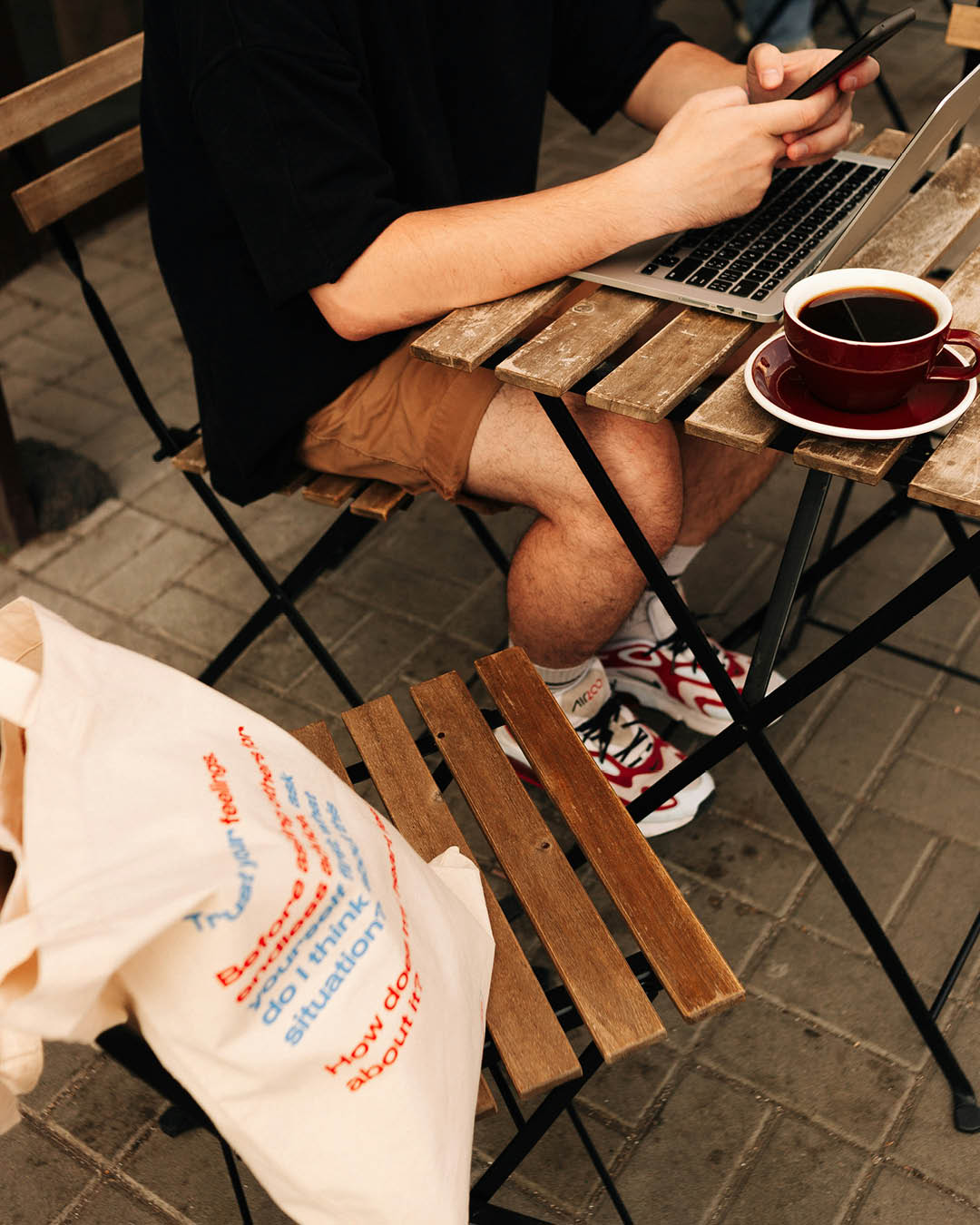
The trend for extended stays in serviced apartments is accelerating in the slipstream of other new travel habits in 2024. This includes an increase in the demand for shoulder travel – avoiding summer, for example, in Europe, and the crowds, temperatures and price hikes that come with it. With time on your side, seasons cease to matter, and travellers can afford to seek a more ‘authentic’ experience. “It gives you a taste of local life in a particular place, away from more tourist-orientated hotels,” adds Lee. “There’s been a big swing towards city travel, and bleisure fits into that. Not only is this because cities tend to be near the big airports, but cities are where the most culture is to be found. Live music, theatres, art museums and buzzy, of-the-moment restaurants are now priorities over the countryside and beaches. Perhaps it’s a reflection of the pace of our lives now.”
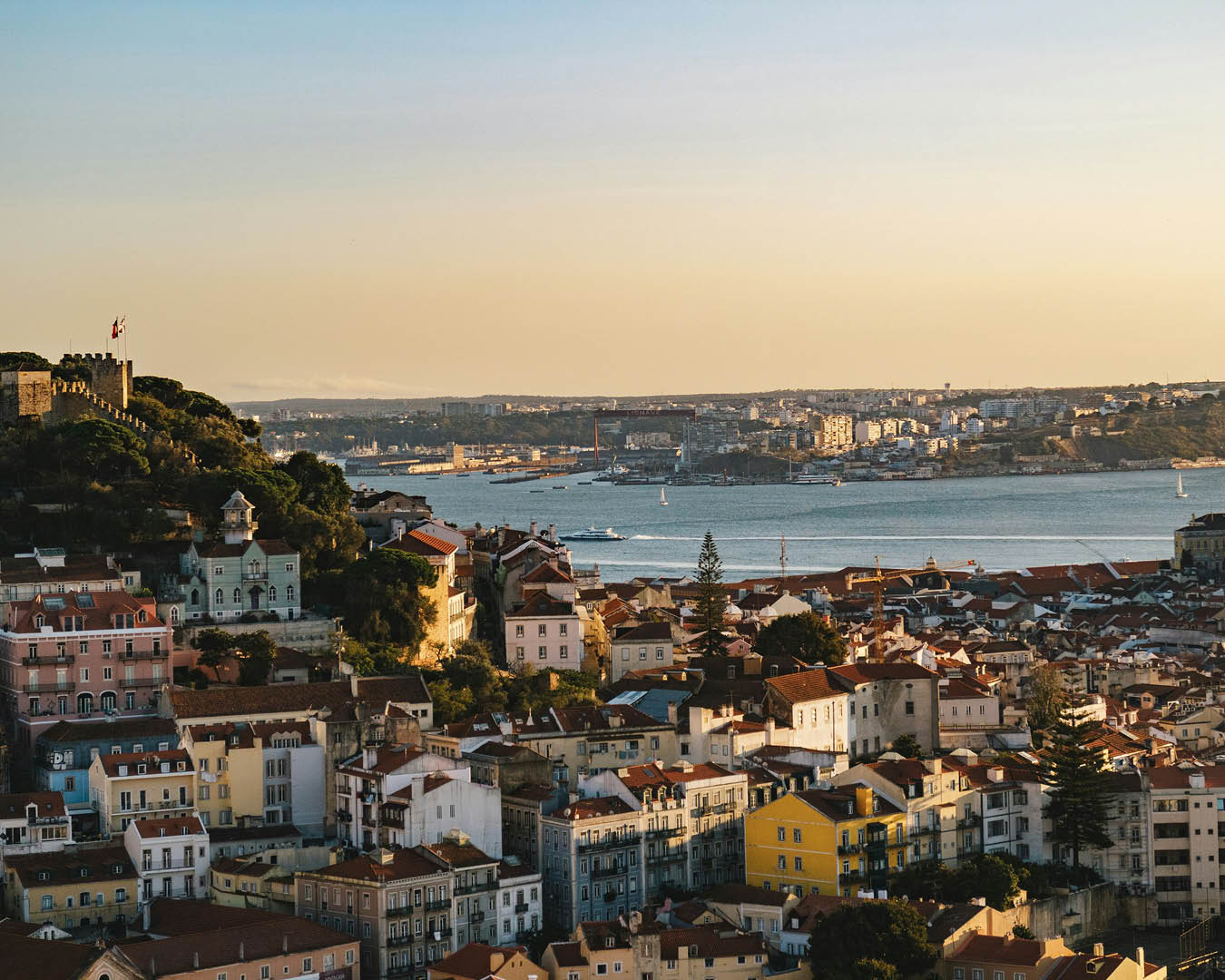
Sustainability is another big factor, too. Travellers increasingly want to reduce, or be seen to be reducing, our impact on the planet as the climate crisis gathers pace. Blending all aspects of their lives in an apartment means travellers can go away for longer and less frequently – contributing to a lower overall carbon footprint.
An evolving market
In recent years, major hotel brands have been getting in on the longer term stay game. In the past year, the Hilton launched Project H3, offering apartment-style accommodation for 20 nights or more, suites replete with four areas to rest, work and cook, and public areas such as a fitness centre. The Hyatt is also wise to the trend, with 100 Hyatt Studios planned in the Americas for extended-stay travellers. Mandarin Oriental has also recently launched Residences in London: luxury serviced apartments in the likes of Knightsbridge, Mayfair and Hyde Park.
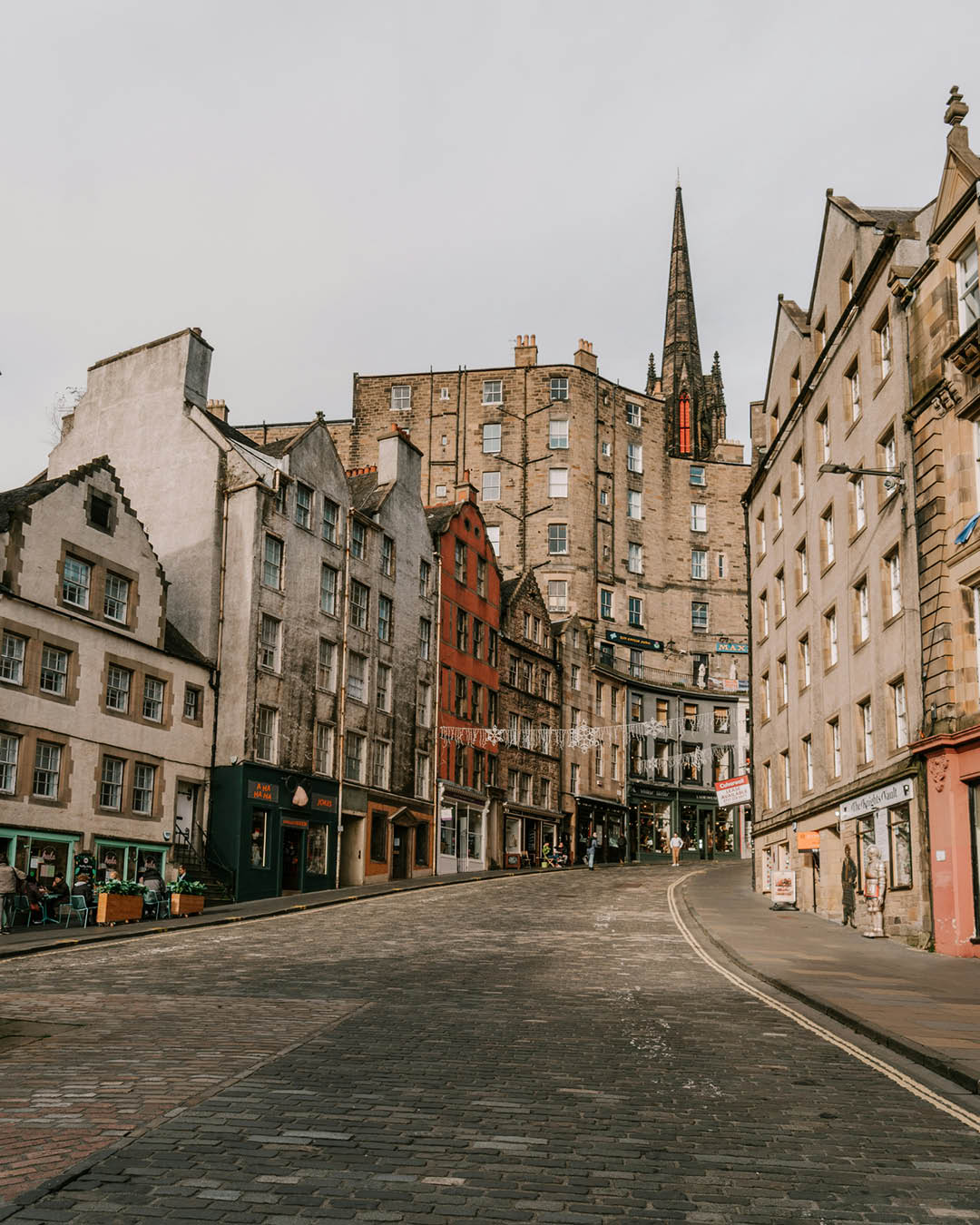

Yet at the same time, some of the most experienced serviced-apartment providers have continued to enhance their offering. Established brands such as Frasers Hospitality – which offers almost 30 years of experience and more than 60 global locations – are now riffing on the same design cues as the mainstream hospitality players, as well as offering buildings of historical significance in its portfolio. A spokesperson for the brand said: “We offer social, design and tech-led hotels in the world’s key lifestyle and business cities for vibrant cosmopolitan living with chic and stylish decor.”
Design matters
Travellers now expect practical, up-to-the-minute solutions and services: fully equipped kitchens with contemporary technology, dedicated workspaces, free wifi, fitness centres, and extra services on top. “People are wanting to seamlessly transition between their worlds, whether that be on solo trips, as couples or relocating for business with family,” says Frasers Hospitality, citing technology (mobile check-in, smart in room controls, multifunctional controls to help the guest journey) and wellness (fully equipped gym, yoga suite, sauna, personal trainers on demand) as key provisions.
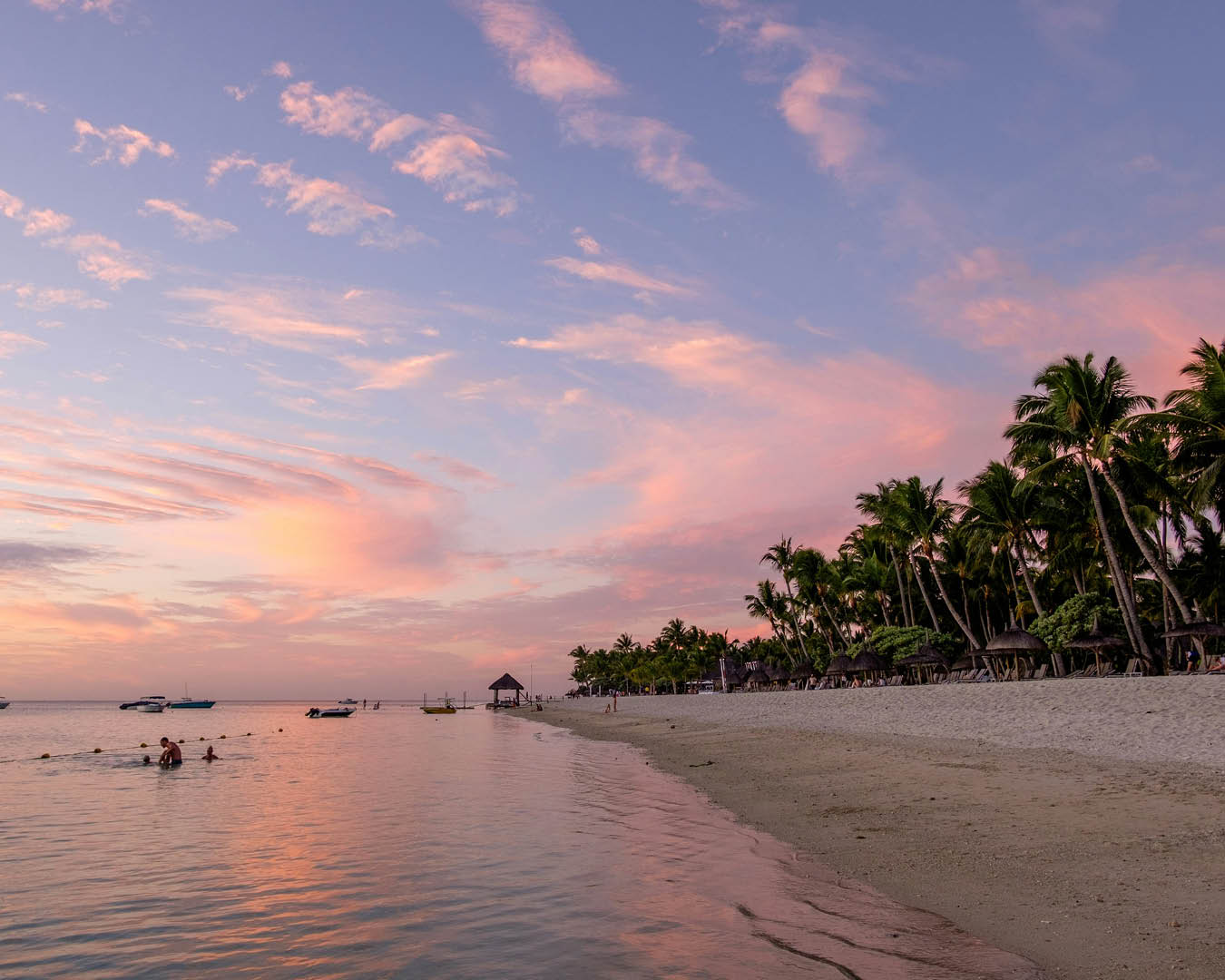
The boom of serviced apartments and longer term stays is rooted in a desire for more meaningful travel experiences. And it’s undeniable that we want all the mods and cons to facilitate our increasingly integrated, and frenetic, lives. But there’s always been something simpler, more pure, at the heart of any good travel experience. Comfort.
“When you’re rushing about, trying to make the most of time in a particular place, it’s really helpful to have services such housekeeping to keep things ticking over,” confirms Lee. “A serviced apartment is basically a home-from-home – only tidier and more organised!”




